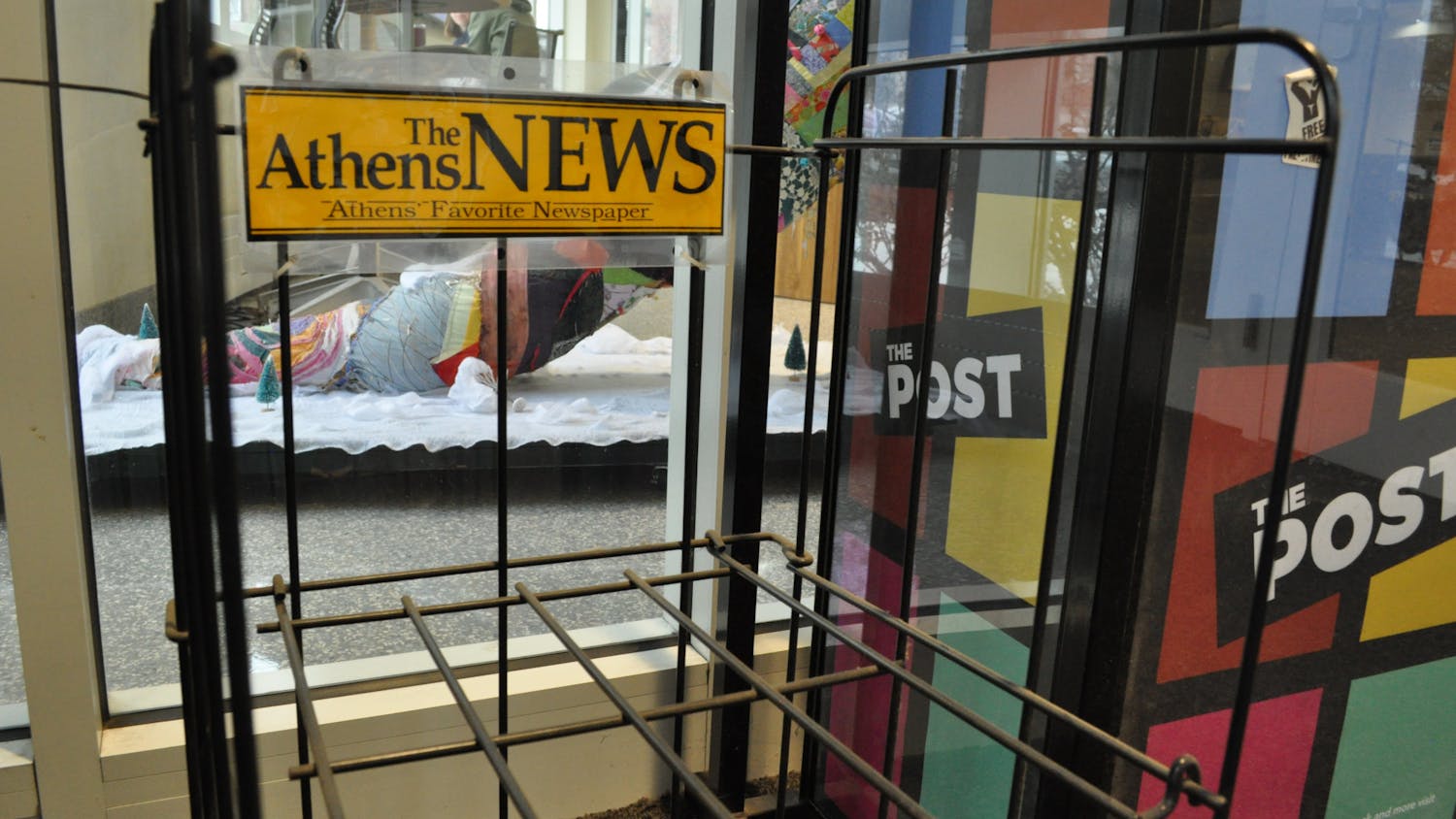In July, the American Red Cross announced it had distributed around 75,000 blood products over a three-month period, decreasing the national blood supply.
Keshav Deshpande, a trauma, acute care and critical care surgeon at OhioHealth Grant Medical Center in Columbus, said the shortage of blood is partially due to capacity limits in donation sites due to social distancing. He also cited an increase in traffic accidents due to an increase in travel, delayed surgeries during the coronavirus pandemic that are now taking place and a large increase in violence across the state and nation as reasons for the blood shortage.
“Patients undergoing elective surgeries should have a comprehensive conversation with their surgeons about the current blood shortage,” Deshpande said in an email. “If the surgery a patient is undergoing is known to have a significant degree of blood loss, this would be a consideration for delay.”
Michael Tyler, regional communications manager for central and southern Ohio with the Red Cross, said the shortage is not necessarily due to a shortage of donations but difficulty keeping up with demand from hospitals during summer 2021.
Tyler attributes the uptick in demand to elective surgeries, organ transplants, cancer treatments and trauma regarding accidents and birth complications. He said locally, the Red Cross has been able to balance the demand and that donors have helped immensely.
“We've just seen a significant call from the community and, really going forward, we want people to keep that mindset that the need for blood never ends,” Tyler said. “Even now, we’re in what we call a ‘critical stage’ … We want to make sure we’re still meeting our demands from our hospital partners.”
Tyler said as a result of the shortage of available blood, elective surgeries may have to be put on hold. Deshpande said doctors have to be mindful to offer blood transfusions only when necessary and beneficial, but the shortage should not delay urgent surgeries, even if they are elective.
“If there's an overabundance in trauma cases and someone needs a transfusion, potentially, that blood could go towards that trauma patient and not towards the person who needs a transfusion,” Tyler said. “So, there is a trickle effect to each one.”
To help mitigate the shortage, Tyler said it is important to get people in the habit of donating blood as often as possible. Individuals are able to donate every eight weeks, Deshpande said. Within the central Ohio area, Tyler said there are roughly 30 blood drives operating each day to fit around people’s schedules.
Tyler encourages students to build donating blood around their day-to-day schedules and identify blood drives in both the Athens area and their hometowns using the Red Cross website. Deshpande said students have always been a large percentage of blood donors and especially urges those with type O blood, or universal donors, to give blood.
“Lives are saved with each unit donated,” Deshpande said in an email. “If you have type O blood, you have the greatest opportunity to save someone's life during an emergency.”
The Red Cross Donor app also allows donors to track their blood after it is donated and see what it is being used for. A one-time donation can potentially affect three different patients, Tyler said.
Like many other industries, blood donations were also affected by the coronavirus pandemic, Deshpande said. Tyler said donors may have been nervous to contract COVID-19 during the pandemic at a blood donation site, but as case numbers went down, more people were willing to donate.
“With the Red Cross, we follow all of the recommendations of the CDC,” Tyler said. “All of the beds are sanitized after each use, all of our staff wearing masks, making sure they’re distancing, (and) we’re distancing the beds apart.”
Furthermore, Deshpande said in most cases, the COVID-19 vaccine does not have any impact on the timing or ability to donate blood. He said the most important thing is that the donor is feeling healthy and symptom-free at the time of donation.
However, the shortage is not unique to the pandemic. Jordan Fornash-Wellinghoff, account manager for Athens and Morgan county for the Red Cross, said donations are historically slower around August due to travel and the transition back to school.
“We'll see that attendance rate climb a little bit as people get more comfortable into their schedules,” Fornash-Wellinghoff said. “And then, of course, once November and December hit, we will have another little bash there where we will see the amount of attendance drop due to holidays, and people taking time off and just trying to spend time with their families.”
Meanwhile, as traveling and elective surgeries have started to increase from 2020, Fornash-Wellinghoff said blood product distribution to hospitals from the Red Cross is 12% higher than anticipated, especially to hospitals where COVID-19 is affecting normal blood collection.
Due to that imbalance, blood will likely be stored for emergent use. Fornash-Wellinghoff said there is always blood available for life-saving procedures, but if they are running on a critical level, non-life threatening procedures are pushed back.
“In order for us to get those surgeries back on schedule and get those hospitals the supplies that they need, we absolutely need to get more donors in the door,” she said.
For those who are “needle hesitant,” Tyler recommends finding a blood drive in an area that will be the most comfortable for the donor.
Fornash-Wellinghoff said she is working with different Ohio University campus organizations and colleges to sponsor blood drives and make it easier for students to donate.
“(We’re) just educating those donors and letting them know how important this is,” she said. “Getting on a schedule is so fulfilling because you're helping not only those in your community, you're helping those across the nation … What we can do here in Ohio can affect someone in California.”






